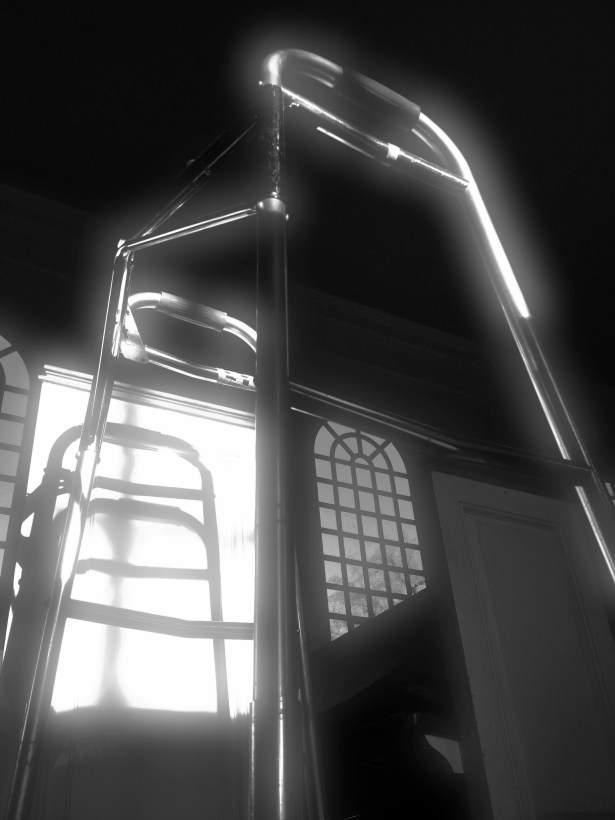Five Things that Might Happen If Your Church Never Got Another Member
My dad was six-foot-one—a fair sized man. As a child I thought he was pretty much what God intended when creating men. Big. Strong. Smart.
Obviously, my dad was a lot of things I wanted to be. But early on, what I focused on was height. Whatever else happened, I wanted to be taller than my dad. I’m not sure why that seemed so symbolically important to me. But it did.
I had dreams of playing in the NBA, so I practiced basketball all the time. I shoveled off the driveway, and played all through the harsh Michigan winters. I had a dream.
I obsessed about the fact that I needed to grow—and it wasn’t happening nearly as fast I thought it should. I didn’t do anything stupid, like hang upside down with weights strapped to my wrists, trying to stretch myself beyond six feet tall. But I sure thought about it. I could see the whole NBA thing going down the toilet if I didn’t outstrip my dad’s height.
But then one day, when I was seventeen, it dawned on me—as if out of the blue: “I’m five-foot-ten-and-a-half, and I’m not going to get any taller.”
Based on this difficult reality, I had to readjust my expectations. Yes, I grew up with all those messages about “You can be anything you want to be … as long as you believe in yourself.” But come on, that’s a load of crap. No matter how hard I wanted it, no matter how much I “believed” in myself, there was no way, given the limitations of size (and talent, if I’m being honest with myself) that I was ever going to play in the NBA.
We all bump up agains limitations about which we can do little or nothing at all. I’m not talking about those things we can do something about. There are some things that fail for a lack of effort, or smart planning, or good execution. If you can change something to help you achieve your goal, then, by all means, that’s what you should do.
But there are some things that no matter how hard you try, no matter how smart you are, no matter how badly you want it, chances are pretty good that you’re stuck.
So often, we take this “stuckness” as a sign of defeat, an indication not that maybe this thing is unrealistic for us, but that we’re somehow defective, incapable of succeeding. Rather than embracing our failure to do a particular thing, it’s so easy to default to “Of course, I didn’t succeed at that; I’m a failure.”
But what if we saw that failure not as an ontological statement about our fitness as human beings, but as just another data point in the struggle to do something important?
Once I realized that I wasn’t going to be playing with Magic Johnson, I experienced a great lightening of my load. It freed me up to do something else, to start to think more seriously about my writing.
So, I was thinking about the church this way, and it occurred to me to ask: “What are the unrealistic expectations that keep us practicing for something we’re never likely to see?”
